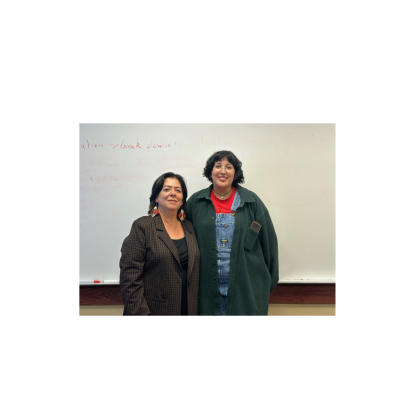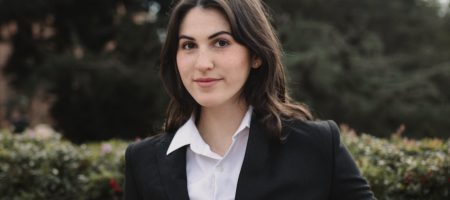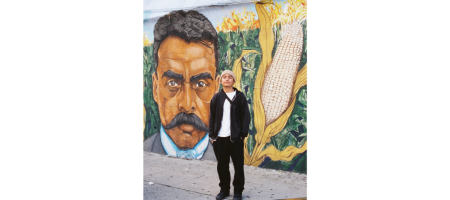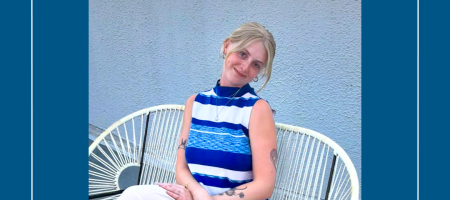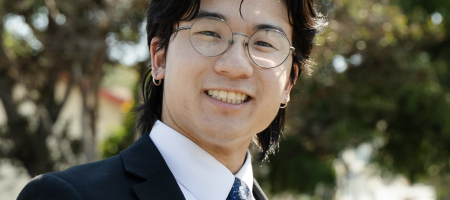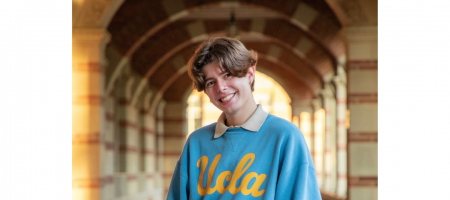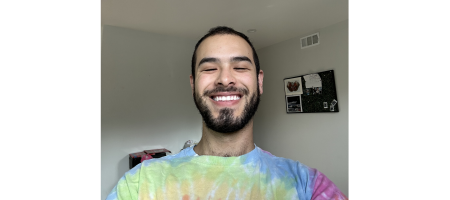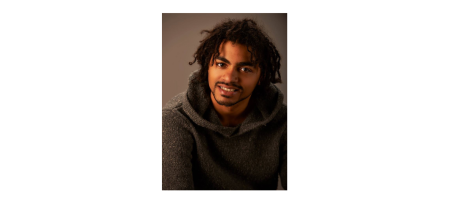Student Spotlight – Nat Escobedo
Meet UCLA undergraduate researcher Nat Escobedo!
Nat majors in Chicanx Studies and Art, minors in Art History, and is a part of the Mellon Mays Undergraduate Fellowship.
Her project, “Community Art in the Inland Empire,” aims to be accessible to as many different audiences as possible, and ultimately be made from and for the community.
How did you first get interested in your research project?
I’m from the Inland Empire, grew up in the High Desert, and had the incredible opportunity to work at the Cheech Center for Chicano Art when it opened! The community I was able to get involved with in the I.E, and the conversations we were having are my reason for being here.
What has been the most exciting aspect of your research so far?
I love talking about my research and getting the opportunity to highlight the amazing work being done by the community in the Inland Empire. It’s always exciting when I talk to someone and they go from not even knowing where the I.E is to wanting to go visit some of the art shows there.
What has surprised you about your research or the research process?
I’m surprised at how few people know where the I.E is…or people thinking it’s in Los Angeles…
What is one piece of advice you have for other UCLA students thinking about doing research?
Anyone can do research, and everyone is doing research all of the time. Every time you ask yourself a question, it’s research. The only difference between Googling how a toaster works and a research project is a bibliography.
What effect do you hope your research has in your field, at UCLA, in your community, or in the world?
I hope to challenge some of the norms of how research is conducted and written. Often, the communities we have a responsibility to are not centered, if at all considered, in our processes of knowledge production. I want my research to be accessible to as many different audiences, and ultimately be made from and for the community. Also recognizing that communities like mine aren’t usually included in art histories, I hope I can continue to participating in actively changing that by sharing our counter-stories beyond our marginalization.


